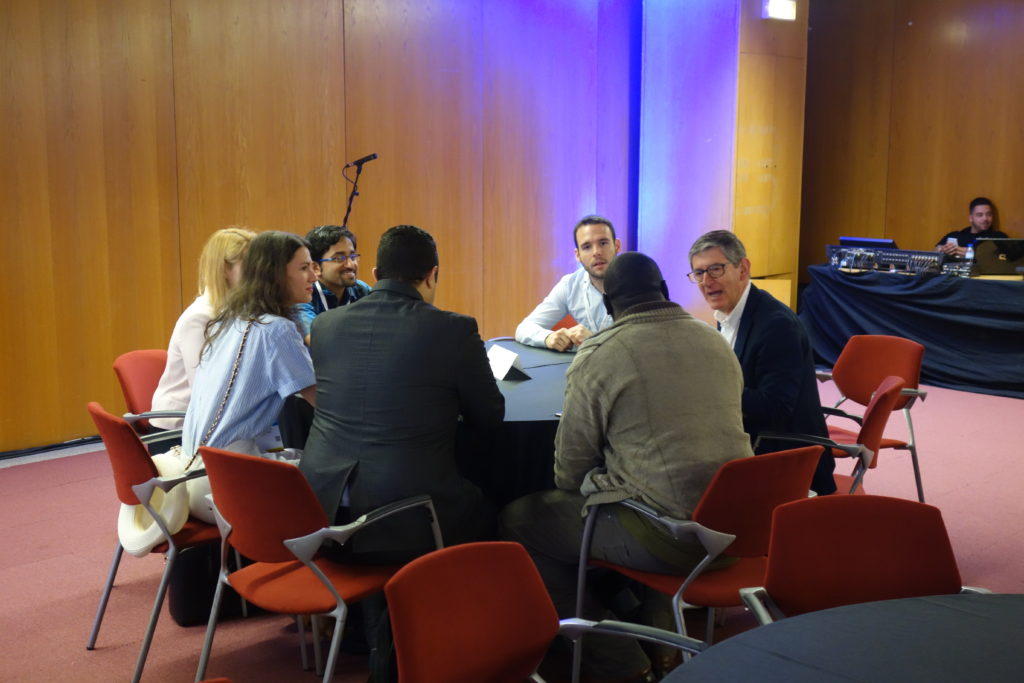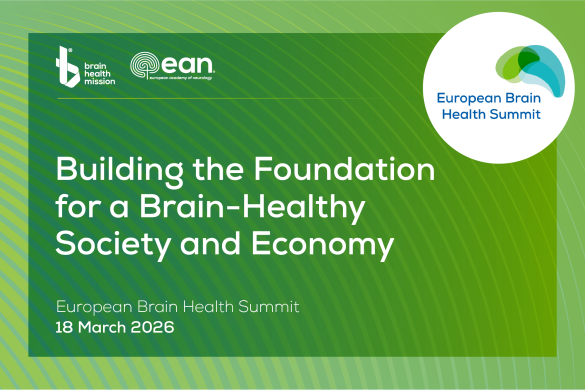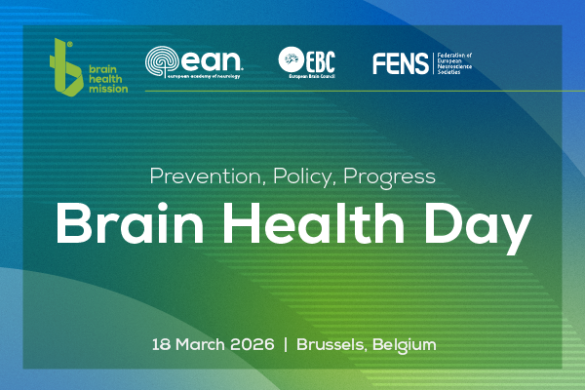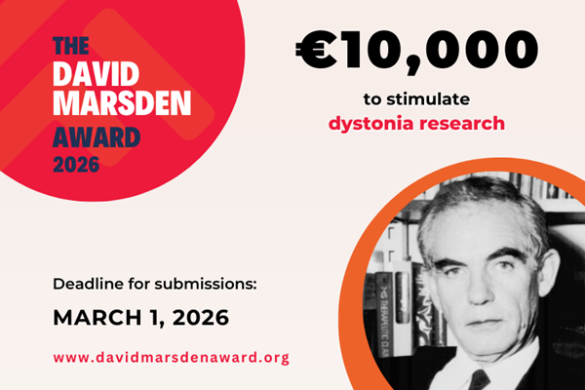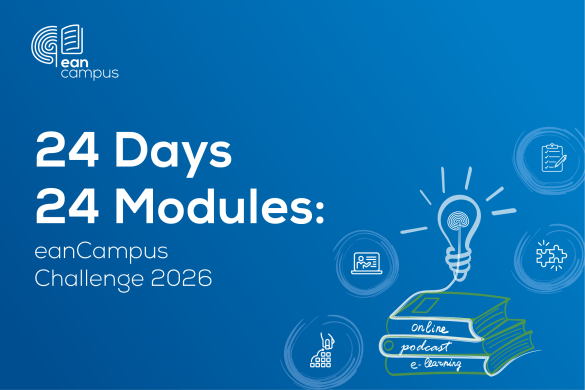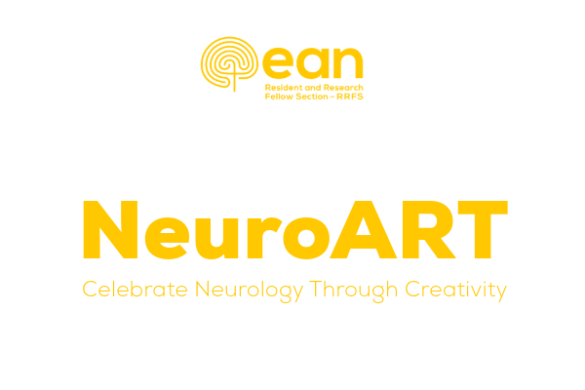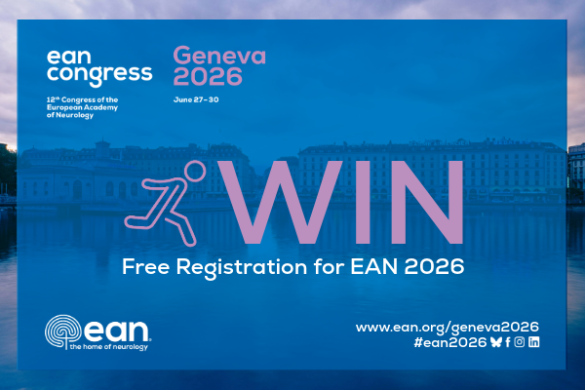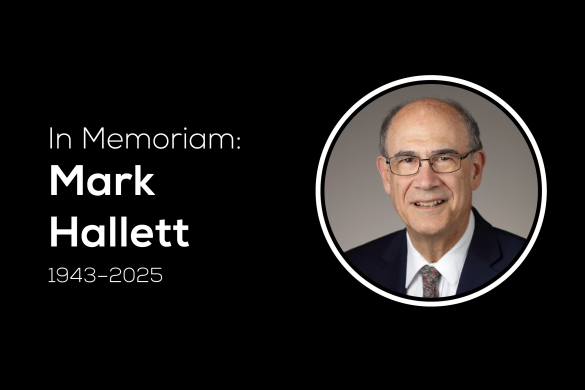RRFS special session: “Meet the experts and learn about clinical work and research (clinical and laboratory) around Europe”
The special session of RRFS took place on Sunday, 17.06.2018 during the 4th EAN congress in Lisbon. The special session was held in a round-table format with the aim to create a more informal environment between juniors and senior researchers and clinicians.
Participants got the unique opportunity to meet worldwide renowned European experts in different field of interests (stroke, epilepsy, neuroimmunology and multiple sclerosis) covering basic and clinical neuroscience.
Prof. José M. Ferro (Portugal) was the expert in stroke medicine, Prof. Hannah Cock (UK) was the expert in epilepsy, while Prof. Klaus Viktor Toyka (Germany) and Prof. Eva Havrdova (Czech Republic) were the experts in the field of neuroimmunology and multiple sclerosis respectively.
During the round-table discussion, they briefly introduced their biography with focus on their personal career development and gave more space to the questions of the young neurologists and research fellows. Participants received an honest insight in their academic career highlighted by personal advices. Professor Ferro and Cock gave also an overview of the resident training in Portugal and UK explaining to what extent it is possible to do research within the residency framework or after completion of the training.
Prof.Toyka highlighted the key features that a clinician scientist must have to achieve a successful career and the importance of planning dedicated research activities.
He also discussed the importance of the relationship between the scientific/clinical supervisor and the trainee/young researchers providing advice on how to build a fruitful collaboration and that this is as much of importance as the interest in the research field. Furthermore, he encouraged the junior lady doctors to dream big and have a successful career beside a happy family life.
One of the take home messages included the importance of time allocation in the daily practice and it was discussed by Prof. Havrdova and Cock. In order to have a good work/life balance as well as clinical/research activities balance it is extremely important to allocate your time beforehand. Prof. Havrdova also suggested to take care of ourselves to prevent exhaustion and mental health deterioration which might lead to burnout. To that aim, it is key to respect daily work-shifts and envisage the clinical practice as teamwork. They suggested junior doctors to talk openly about the challenges at work with their supervisors; and to be aware of their rights and duties.
Juniors were advised to find a senior mentor even outside of their own research group to get unbiased feedback on their work. They reminded junior neurologists of the difficulties combining research and clinical work, if both is expected to be performed at a high international level. All four Professors agreed that it is most important to arrange a dedicated time for research to succeed effectively and successfully if research is performed next to the clinical training.
The individual inspiration and personal advice were much appreciated by the participants who engaged in discussion on how to approach senior researchers and how to plan the personal career. It became clear that motivation and passion are essential for a successful and fulfilled professional career in both the clinical and research field.
We would like to suggest you become a member of the RRFS in order to build up your network for future collaborations with international colleagues and friends while practising your English skills.
by:
Giovanni Di Liberto1, Lisa Klingelhoefer2, Vanessa Carvalho3, Viktoria Papp4, Anna Sauerbier5
1Departement de Pathologie et Immunologie, Centre Medical Universitaire, University of Geneva, Geneva, Switzerland
2Department of Neurology, Technical University Dresden, Dresden, Germany
3Pedro Hispano Hospital/Matosinhos Local Unit, Matosinhos, Portugal
4Department of Neurology, Aarhus University Hospital, Aarhus, Denmark
5Department of Neurology, King´s College London and King´s College Hospital, London, United Kingdom

